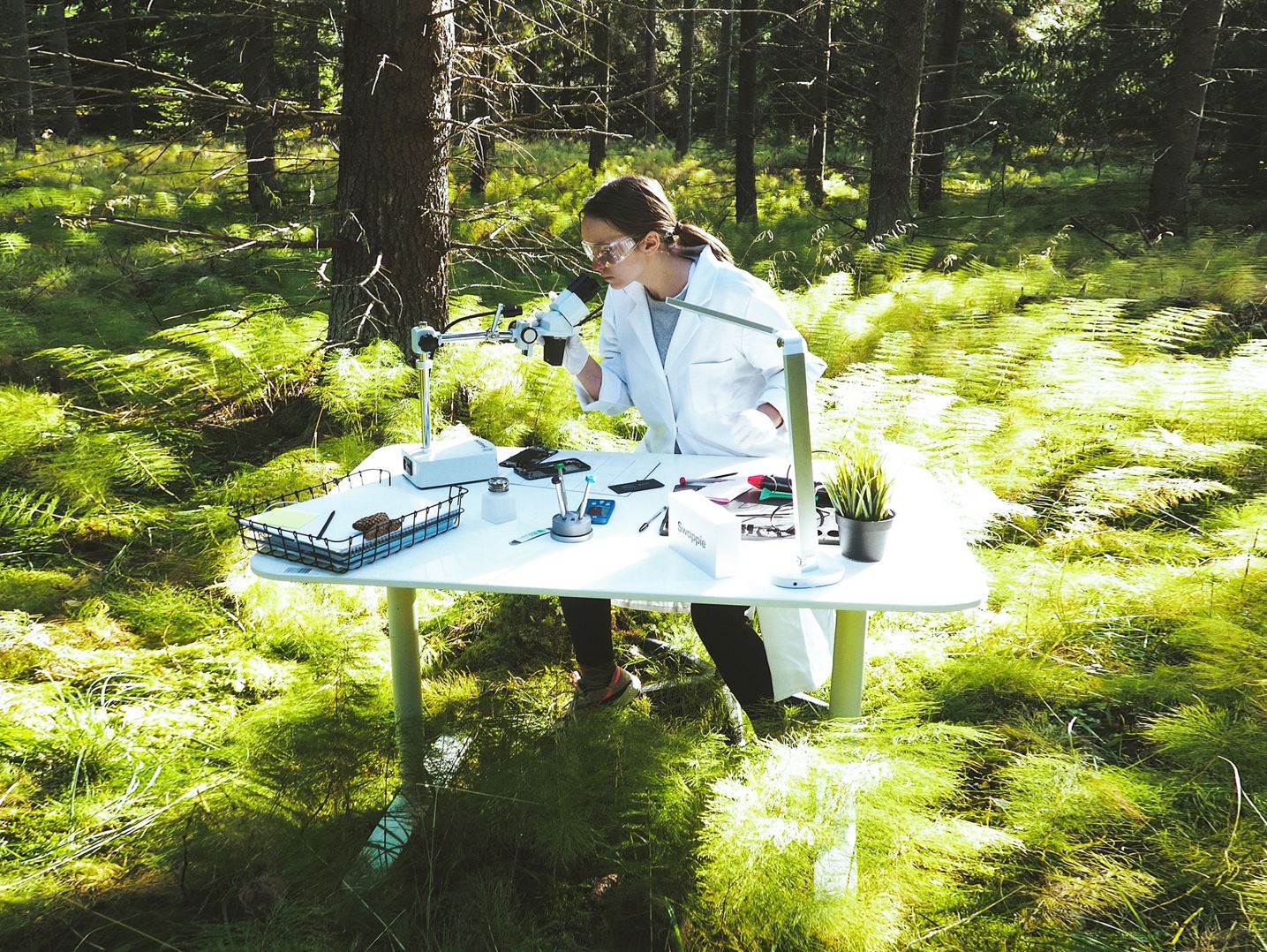The results are in: ozone is safe for fabrics

Dalia Benefatto, through her consultancy 'Devalia - a scientific approach to circular economy', has shared the first results of a research project that aimed to prove if processing garments using ozone is safe for fabrics and for people, as well as to provide a framework for different fabric blends.
The study, conducted with machinery maker Nexia Italy in collaboration with scientific research institute STIIMA-CNR, explored ozone technology for the bleaching and aging of denim fabrics, and assessed the mechanical and abrasion resistance of treated fabrics.
The study analysed three compositions - 100% cotton; 99% cotton with 1% elastane; and 71% recycled cotton with 29% virgin cotton - using ozone in water with and without final neutralisation.
It found treated samples did not release ozone after treatment or show signs of accelerated aging. In terms of mechanical resistance, the 100% cotton, and 99% cotton with 1% elastane fabrics showed similar abrasion resistance, while the fabric with 71% recycled cotton was less resistant. This suggests that fabrics with a percentage of recycled fibres may require a multi-phase ozone treatment at lower concentrations, said Ms Benefatto.
The study concluded that ozone technology presents a promising alternative for sustainable denim finishing, with positive environmental effects and no ozone release post-treatment. However, the mechanical properties of the treated fabrics must be considered, especially for those containing recycled fibres.
Ms Benefatto told Inside Denim: “The main target was to build a credible, transparent procedure that a Nexia customer or brand could use to show garments treated with ozone are safe, and that ozone will not affect a garment’s recyclability or compostability. This is very important as we work towards a circular economy.
“Ozone has been proven to not pollute the fabric, it completely disappears. It is a great technology, you can save approximately 60% of water and 90% of chemicals compared with standard processes, and this study now provides results verified by a third party that could be used in a Digital Product Passport approach.”
The study will form the basis of a wider-ranging project, details of which will be announced at the upcoming Bluezone denim trade fair in Munich (September 3 and 4).
Image credit: Devalia










